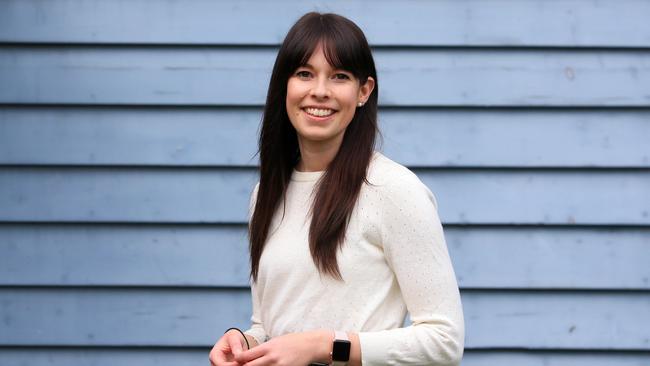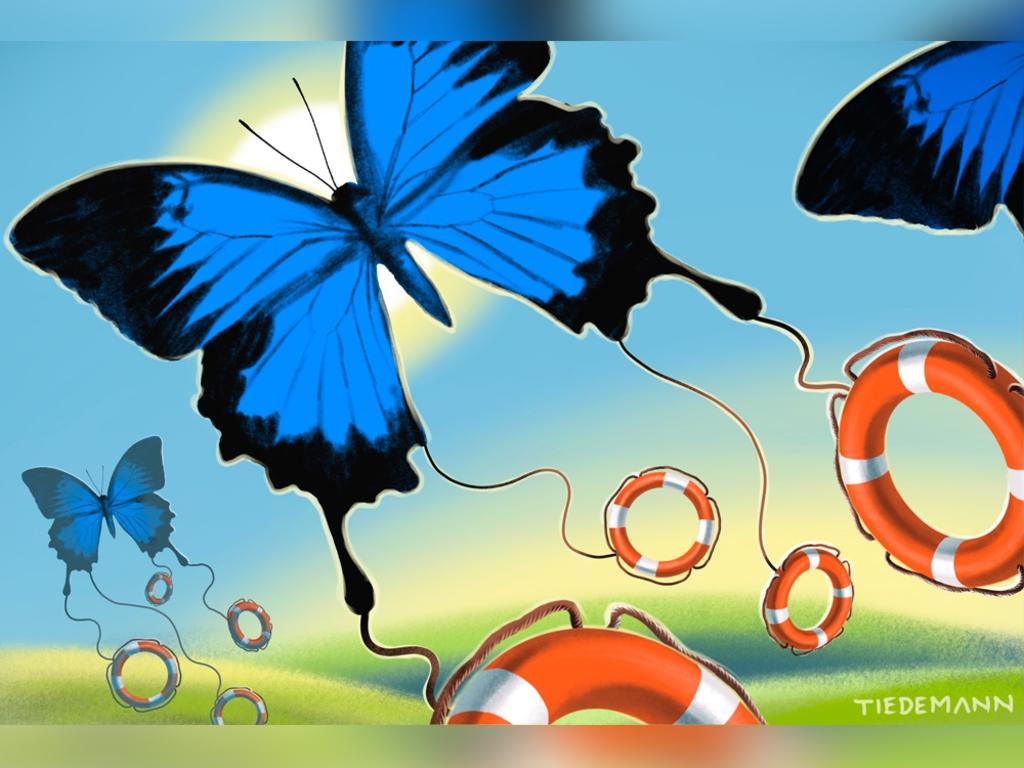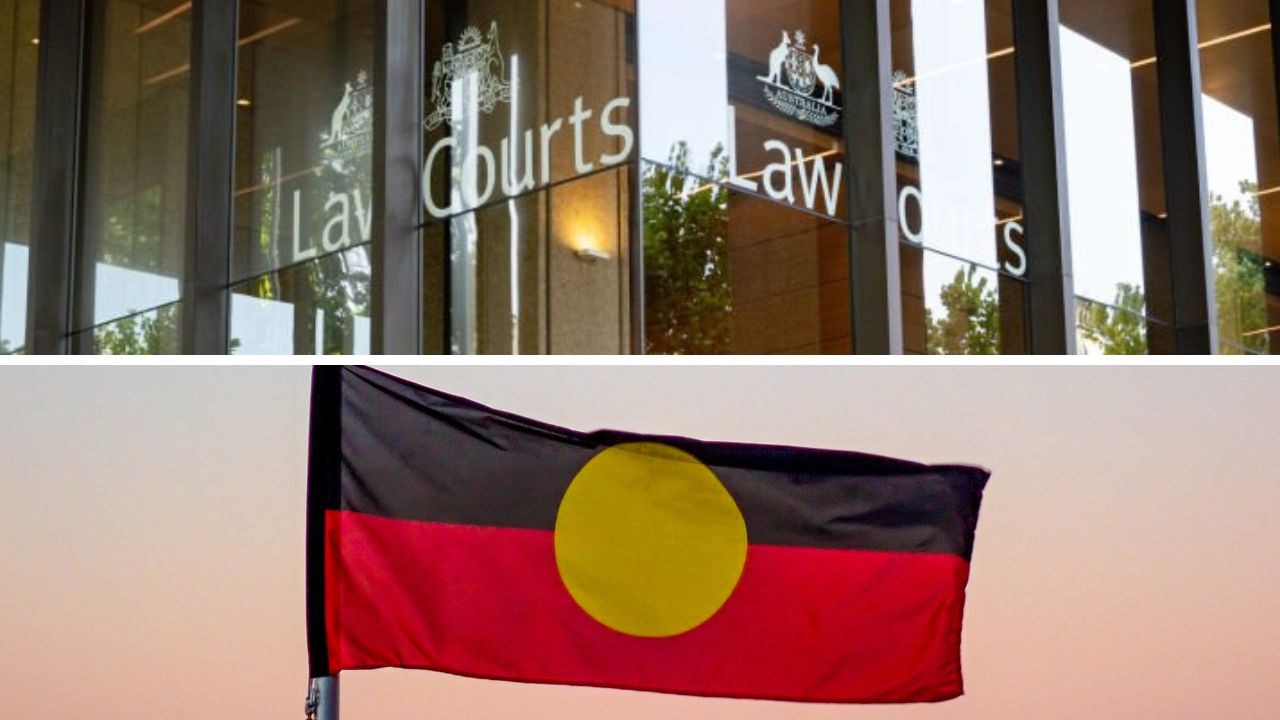Coronavirus: Isolation fuelling eating disorders
The death of Lisa Curry’s beloved daughter Jaimi Kenny has sparked alarm about a COVID-fuelled eating disorder boom.

The coronavirus pandemic and isolation are fuelling eating disorders, as anorexia sufferers battle social media messaging about body image and “dangerous’’ memes showing people gaining weight during lockdown.
The recent death of 33-year-old eating-disorder sufferer Jaimi Kenny, daughter of Olympians Lisa Curry and Grant Kenny, has reignited a conversation about the dangers of the illness, which has had a huge spike recently.
Eating Disorders Victoria has reported a 30 per cent increase in calls to its helpline. Chief executive Belinda Caldwell said services had been increased to serve demand, with 10 support groups a month now, up from just three.
She said food hoarding in lockdown was a trigger for many sufferers, while the loneliness of isolation, reliance on social media, change in routines and lack of structure during lockdown only compounded negative feelings and behaviours.
Read more: Jaimi Kenny dies at 33
“We have seen a massive surge in demand — our public services have reached the same numbers at the end of August they would (normally) have seen for a full year,” Ms Caldwell said.
“I think in normal life you have your job, social life, sport — sometimes you and your eating disorder can co-exist, but this has made people realise they were sicker than they thought they were.
“There is a clear link between social media and body dissatisfaction … memes around people putting on weight during lockdown — for someone with an eating disorder, that really feeds into their fears.”
Emma Sutton, 29, said she had always wanted to be a doctor but in high school she never felt good enough. That lack of self-esteem drove her to become anorexic in her teens. Now a medical student who will become a doctor in two years, she has recovered.
“Recovery is possible — and not only to beat this illness, but to thrive in life,” Ms Sutton said.
She has just come off a paediatrics rotation at Geelong Hospital, and said there had been an increase in young people presenting with eating disorders during lockdown, with most about the age of 12.
“It’s just heartbreaking,” she said. “There has been a massive spike during lockdown and that has a lot to do with schools being shut down and reopening and shut down — they have lost their structure. Everything around them is chaotic, so they are trying to find something to have control over.”
Like so many, Ms Sutton’s eating disorder began in high school, and took shape when a school councillor told her she wouldn’t get the marks to study medicine.
A toxic relationship compounded her negative thoughts, and when she eventually sought help in her university years, the GP told her she was “silly’’ and to eat a sandwich.
“My boyfriend at the time reinforced my belief that being thin was all I had to offer people, by telling me often he liked skinnier girls and he was glad I was thin,” Ms Sutton said.
“He began taking food away from me when we ate together and told me to start watching what I eat.”
She broke up with her boyfriend by the age of 21, but the damage had been done.
“One day I stopped at a red light on my way to uni (and) I broke down hysterically in my car because I had been arguing with myself for three hours about what to eat that day,” she said.
Butterfly Foundation clinical director Ranjani Utpala said the number of people seeking help from January to June was up 25 per cent on six months prior.
“This is a very significant spike and increases … associated with the high level of stress and uncertainty we are seeing through COVID,” said Dr Utpala, a clinical psychologist.
Newcastle-raised Paralympian Jessica Smith — who was born without her left hand and forearm and suffered serious burns as a small child — developed anorexia as a teen.
The mother of three said the pandemic would make an eating disorder more challenging.
“It’s such an isolating illness to begin with, and in my personal experience, isolating myself was what made my eating disorder so much worse,” she said.
“Whenever I was in the realms of bulimia and anorexia, they were the times when I would lock myself in the house, turn my phone off and just be with my thoughts — and that was very dangerous for me.
“What helped was having one other person reach out and say: ‘Hey, I am just here if you need me.’
“Knowing there is somebody there when you’re ready to talk is very important.”
For help, contact the Butterfly Foundation on 1800 334 673 or Lifeline on 13 11 14








To join the conversation, please log in. Don't have an account? Register
Join the conversation, you are commenting as Logout